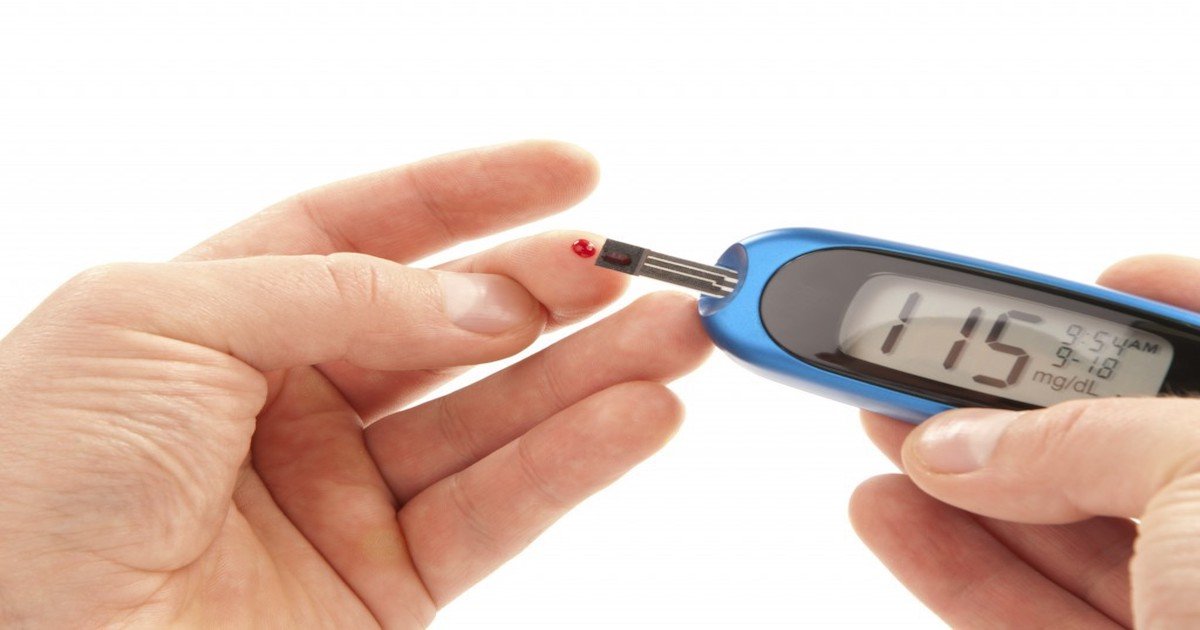Gluten has become a bit of a loaded word these days, but the truth is, it’s a very real problem for some people out there. While some people may confuse gluten intolerance with Celiac disease, some problems with gluten actually deal with the gut directly. There are some signs that are surefire – like vomit, debilitating pain, diarrhea- some issues may come across as something more subtle and common.
We’ve rounded out some common ways gluten intolerance can display themselves!
8. Stomach ache
If you’re feeling stomach pains after eating foods heavy in gluten, it could be a major sign of gluten intolerance. Various feelings could be associated with this, including gas, bloating, diarrhea, and constipation. For those that have an intolerance, it can damage the lining of the small intestine and cause a problem in absorbing minerals, vitamins, and energy from the foods itself.
7. Dizziness
If, after eating, you start feeling brain fog, disorientation, and a strange feeling of being off-balance, there might be a chance that gluten may be the culprit! Because this is an issue with the brain, it can be hard to make the connection. If you’re getting any of these feelings after eating, it might be time to take a look at your gluten intake!
6. Mood Swing
If your body is feeling miserable from the food you eat, your mood can similarly shift in the same way! Make sure to keep an eye out on your mood- if your food is making you
5. Headache
If eating comes with a headache roughly 30 to 60 minutes after the meal, then it might be time to look into a gluten allergy. These headaches can come in a variety of different styles, so keep an eye out for what food is doing to your brain!
4. Itchy Skin
If your intestines are having issues processing the gluten you’ve eaten, the intestines may become inflamed and manifest on the skin. Gluten sensitivity is often associated to various skin conditions, like eczema and psoriasis, and this is why. Keep an eye out for your skin as well to see if you have any issues with gluten!
3. Fibromyalgia
Fibromyalgia is a chronic condition that can cause people a lot of pain in muscles, ligaments, and tendons. According to doctors, avoiding foods with gluten can alleviate these symptoms.
Alex Shikhman, M.D. notes-
“When patients are helped by a specific dietary measure, it is often because of the presence of a secondary condition that does have a recognized response to diet. And when you take care of that, you do get some relief from all the symptoms. You feel better overall.”
2. Chronic Fatigue
If your mind and body are reacting to the gluten, it can make sense that a sense of fatigue takes over. If you’re feeling tired, even after a full nights sleep, this might be another sign of gluten intolerance.
1. Lactose Intolerance
If you are lactose intolerant, then the chances of finding yourself with a gluten intolerance also increases. There is a specific type of sugar found in lactose foods that can trigger digestive issues and can worsen symptoms of gluten intolerance!
It’s truly amazing how foods can make us feel and we need to make sure to be aware of everything that gluten can do to our bodies. Some people may be intolerant and not even know it, and it’s important to know how these intolerances can manifest in our bodies!










